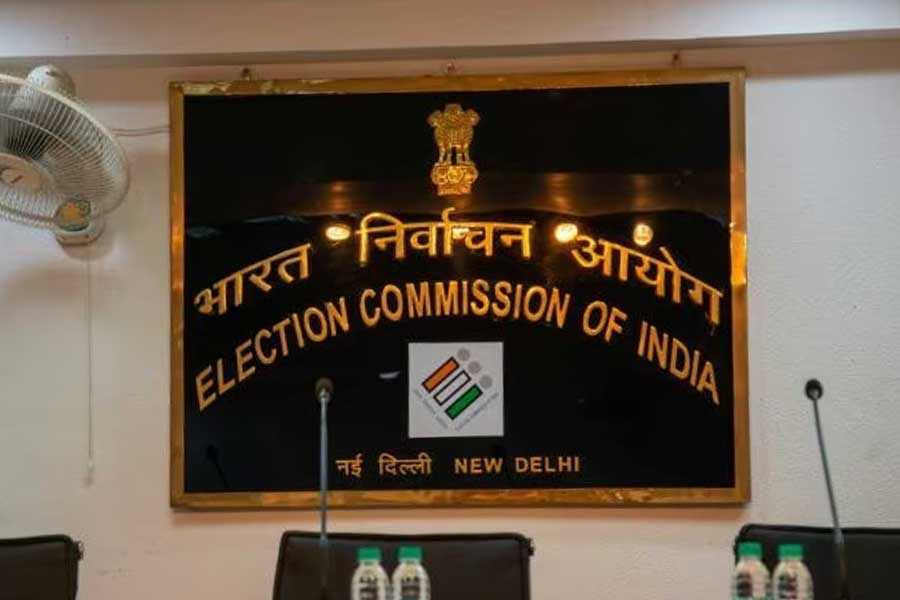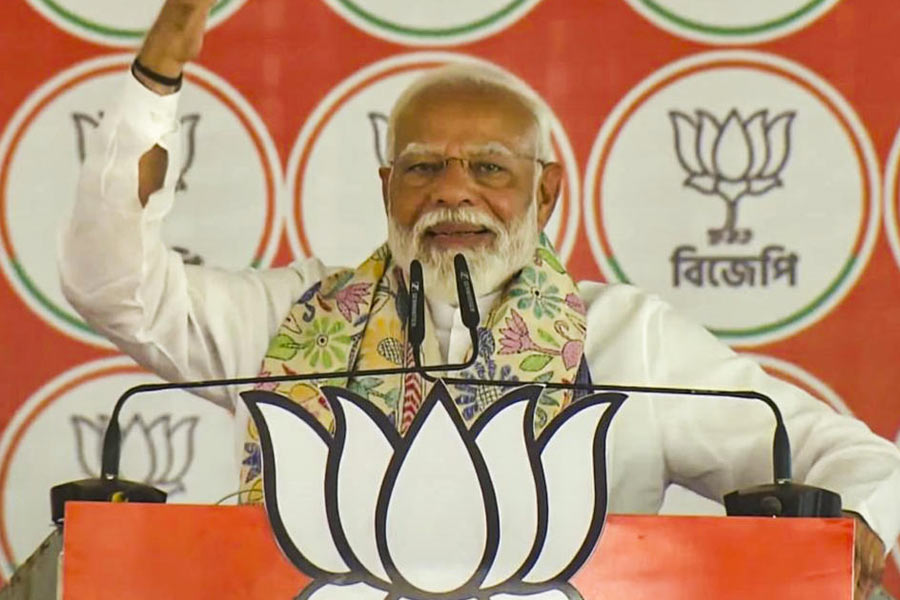Migrant workers are indispensable to the Indian economy. The mobility of labour, studies suggest, pushes the wheels of the economy forward. It would also appear that migrant workers are indispensable to unscrupulous politicians. They serve as fodder for incitement, as has been the case in Gujarat recently. The state witnessed an exodus of migrant labourers after an infant was raped by one such worker. What is shocking is that the mob violence — the police have had to make over 400 arrests — took place even though the criminal, for once, had been apprehended speedily. The subversion of the law of the land in favour of vigilantes exposes, once again, the complicity of politicians. Supporters of the ruling Bharatiya Janata Party have pointed an accusing finger at a Congress leader who, they allege, had raked up the contentious issue of outsiders while demanding justice for the victim. Several members of an outfit patronized by this leader have been accused of assaults. The contagion transcends political boundaries. The state government announced recently that the majority of jobs in factories would be reserved for Gujaratis. In neighbouring Maharashtra, the Shiv Sena had catapulted to political prominence by demonizing migrants.
There is thus a case for identifying the context of this kind of political endorsement of transgressions against a vulnerable people. What emboldens politicians around the world to manipulate public sentiment against migrants are not just weaknesses that blight legal provisions but also such factors as ideological infirmities, anxieties pertaining to employment as well as deeply held prejudices among upholders of the law. For instance, in India, the Interstate Migrant Workmen Act — it was passed in Parliament in 1979 to safeguard the interests of mobile labourers — has been rendered toothless by the lack of application and amendments. The perversions of a political discourse that thrives on identity cannot be dismissed either because the backlash is inevitably premised on ethnic lines: migrants from North India have borne the brunt of the intimidation in this instance. The stipulations to check the various kinds of exploitation suffered by immigrants are quite exhaustive. What is lacking is awareness and empathy. Very few migrants are aware of their entitlements, legal and economic. Similarly, citizens who are in the majority remain apathetic to the plight of victims. All this makes it easier for the politician to light these sporadic fires.











